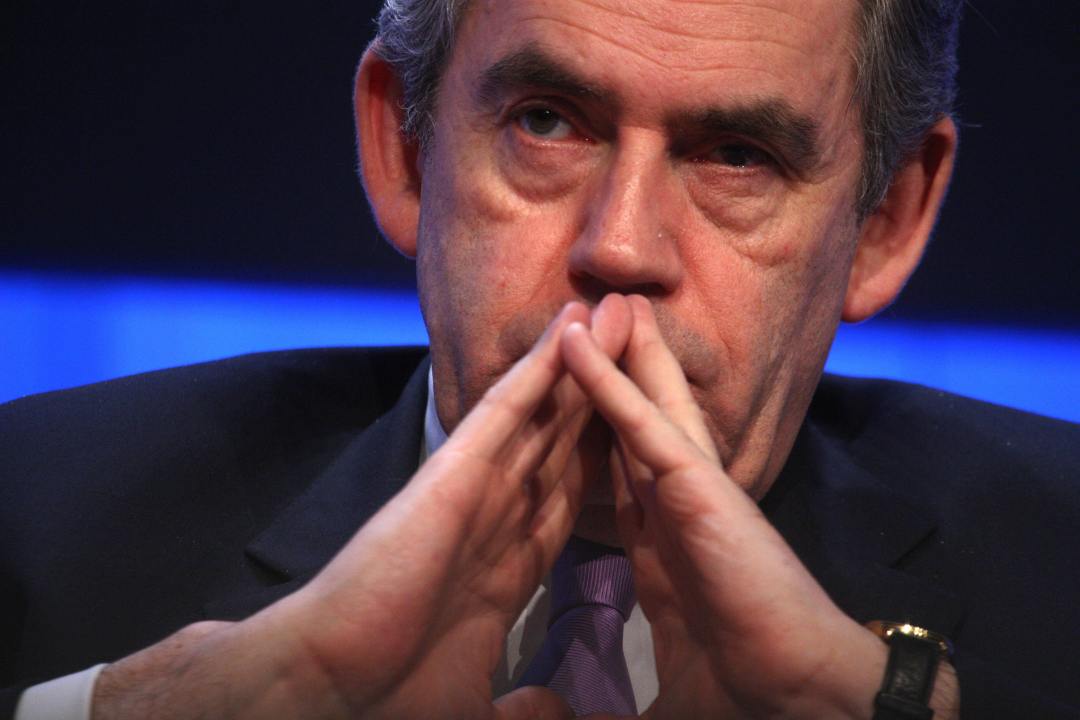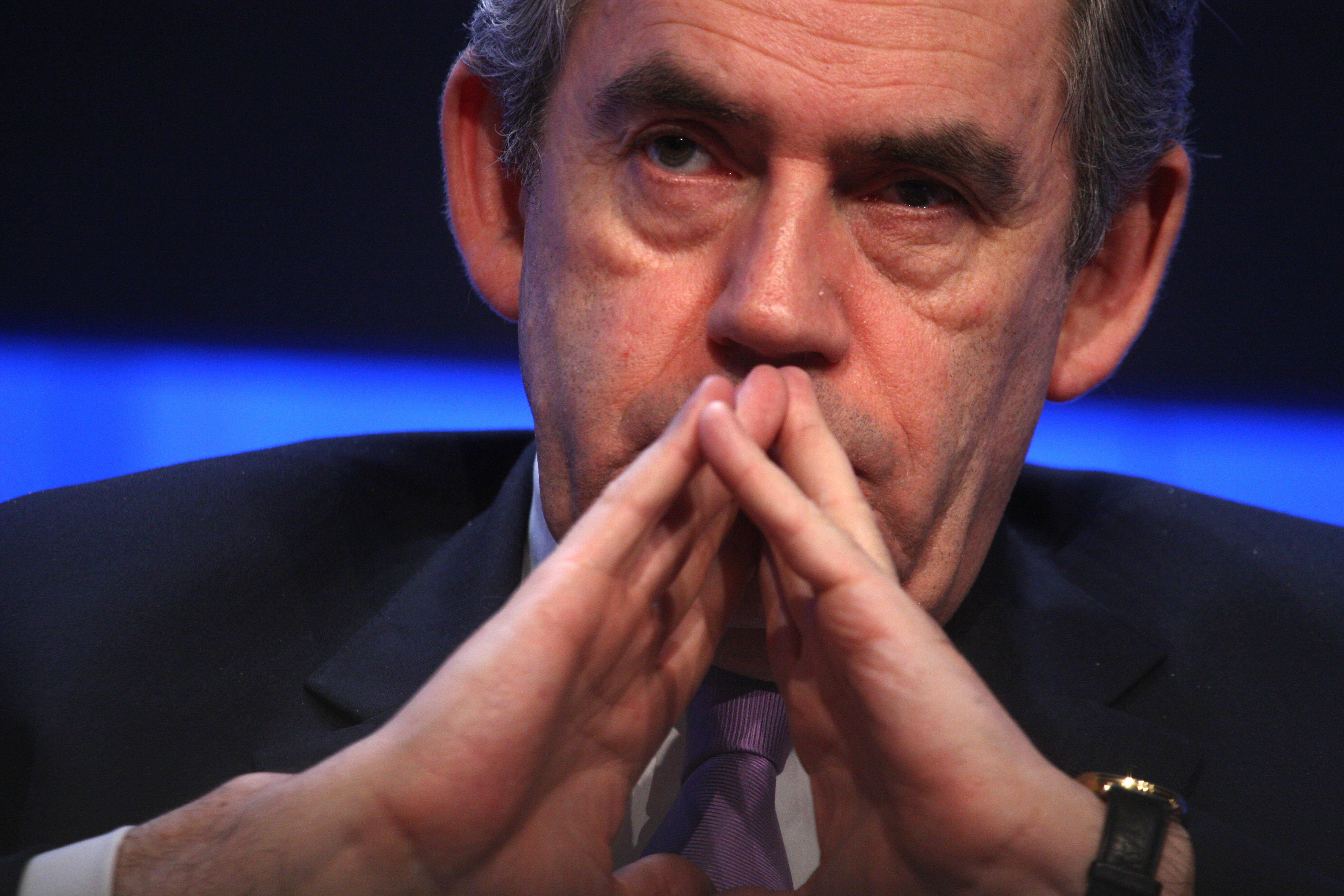 John Rentoul writes a typically-perceptive piece in the Independent on Sunday, doubting that Gordon Brown will ever seize back the political initiative. For Rentoul, Brown’s major problem is that he’s not engaging in “the drama of a dialogue in his own defence” – mainly because he hasn’t identified a position to defend:
John Rentoul writes a typically-perceptive piece in the Independent on Sunday, doubting that Gordon Brown will ever seize back the political initiative. For Rentoul, Brown’s major problem is that he’s not engaging in “the drama of a dialogue in his own defence” – mainly because he hasn’t identified a position to defend:
“If he was a ‘change’ from Blair, what had he changed to? Brown himself made a telling mess of answering that question on the BBC’s Politics Show last weekend. ‘The changes that we are making are to recognise that the world has changed over the last 10 years. We didn’t have the environmental problems we have now. We didn’t have the global restructuring; we have got it now. We didn’t have the sense of rising aspiration.’ In each case: oh yes we did.
If Brown is ‘the change’, he has not changed to something more left wing, as another howl of anguish from Polly Toynbee, keeper of the social-democratic flame, confirmed last week. This time she said that Brown’s ‘besetting sin’ was ‘cowardice’ in not taking on the rich, and that, ‘unlike Blair, Brown doesn’t lust after lucre; he neither glamorises, needed, nor is in awe of wealth – but he is afraid of it.’
Both Toynbee and Progress offer Brown heaven-sent opportunities to define himself, to engage in argument and to dramatise his positions. Against Toynbee he could restate the case against a ‘tax the rich’ politics, which is a message that could recover some ground among the middle classes who think he disapproves of them. Against Progress, he could gain ground by disagreeing with its notion that Britain is suffused with a ‘deep social pessimism’.
Of course, Blair was adept at characterising the position of his opponents in such a way as to make it easy for him to demolish their supposed arguments. But it was at least a device that recognised differences of view and sought to make the case for the course he had chosen.
Brown is not that kind of leader…”
It’s just plain difficult to characterise Brown’s politics, and thus the change he’s supposedly engendered. His beliefs certainly aren’t showing in any consistent way – sometimes he’s espousing “change” and sometimes he’s the “heir to Blair“; he oscillates between being an arch-centraliser and a rampant free-marketeer; and – perhaps most damaging – his Big Ideas come with a ten-year time lag. Brown needs to dig an ideological foxhole, but – for some reason – he can’t get his hands on a spade.
And so, one question: any Coffee Housers have a clue what Brown stands for?







Comments